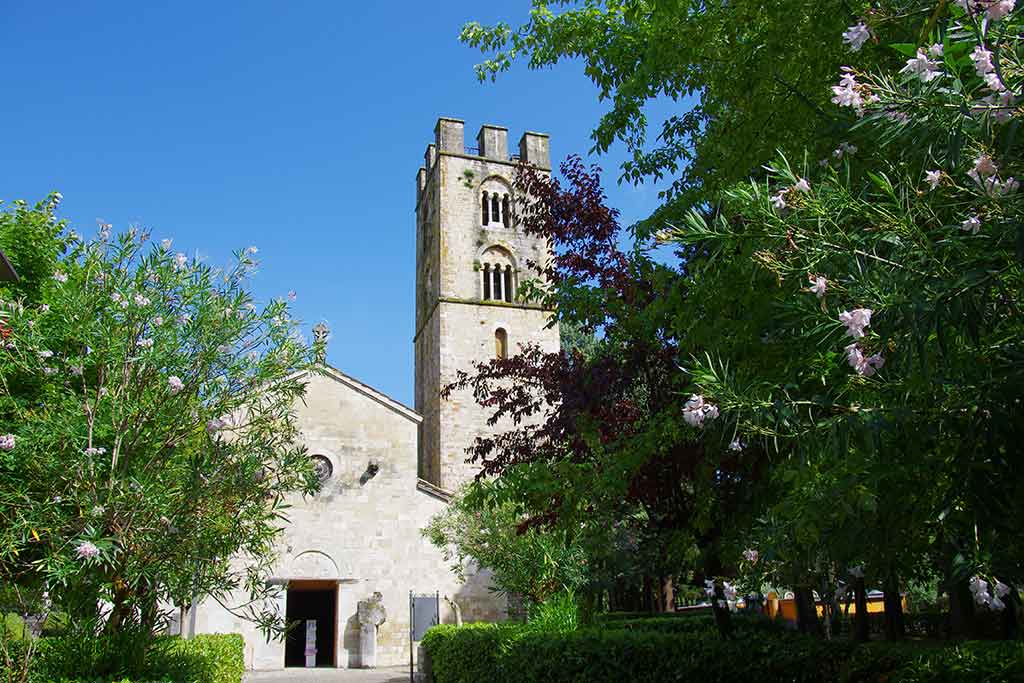Welcome
to Roccavivara Italy. If you’are planning to visit Roccavivara for your next trip and you are
looking for the best places to visit, here you’ll find tips and suggestions of most
popular point of interest and activities not to be missed in Roccavivara and surrounding.
Travelers will appreciate this italian town with
his rich historical and artistic heritage, local culture and environment. Discover the monuments, buildings, natural
treasures and all the details that characterize Roccavivara and its territory. Share and suggest a place you've
visited.

Roccavivara, Campobasso, facade of the Sanctuary of Madonna del Canneto
Roccavivara is a small town in the province of Campobasso. Small, quiet and welcoming, it has only about 1000 inhabitants. It is located on top of a hill, near the River Trigno, and offers a beautiful view of the surrounding landscape. Its origins are ancient, the oldest archaeological finds date back to some coins from the 8th century BC.
Much more remains of the Roman era. A villa in San Fabiano district and one near the Sanctuary of Santa Maria di Canneto. They are rustic villas that is, a sort of farm divided into a residential part and an agricultural part.
In the last villa, containers were found for storing oil and wine but much more interesting are the mosaic floors, very beautiful.
The locality is called Canneto due to the presence of the reed near the river Trigno and the river Ponte di Musa. In the beautiful woods there is an abundance of ancient springs that offer the visitor excellent water to quench their thirst. One of these springs is called 'Fonte del Fico' and it's a perfect place to have a picnic.
The Sanctuary of Santa Maria di Canneto, a very popular place of worship, was probably built in 700 and was donated to the Benedictine friars. In the twelfth century it was rebuilt and modernized in Romanesque style and flanked by the majestic Campanaria Tower. On the façade you can see the two Roman lions next to the large central window.
The interior is very beautiful with the ancient pulpit of 1213 and the 15th century wooden sculptures.
The abbey is immersed in a large green park and transmits a unique serenity.
written by Patricia Carter - Last update: 04/11/2021
This guide has been translated automatically through a third party service. Visititaly offers these automatic translations to help site visitors, however the automatic translations may contain inaccuracies, errors or inaccuracies. You can contact us to report inaccuracies or errors and we will check the translation.